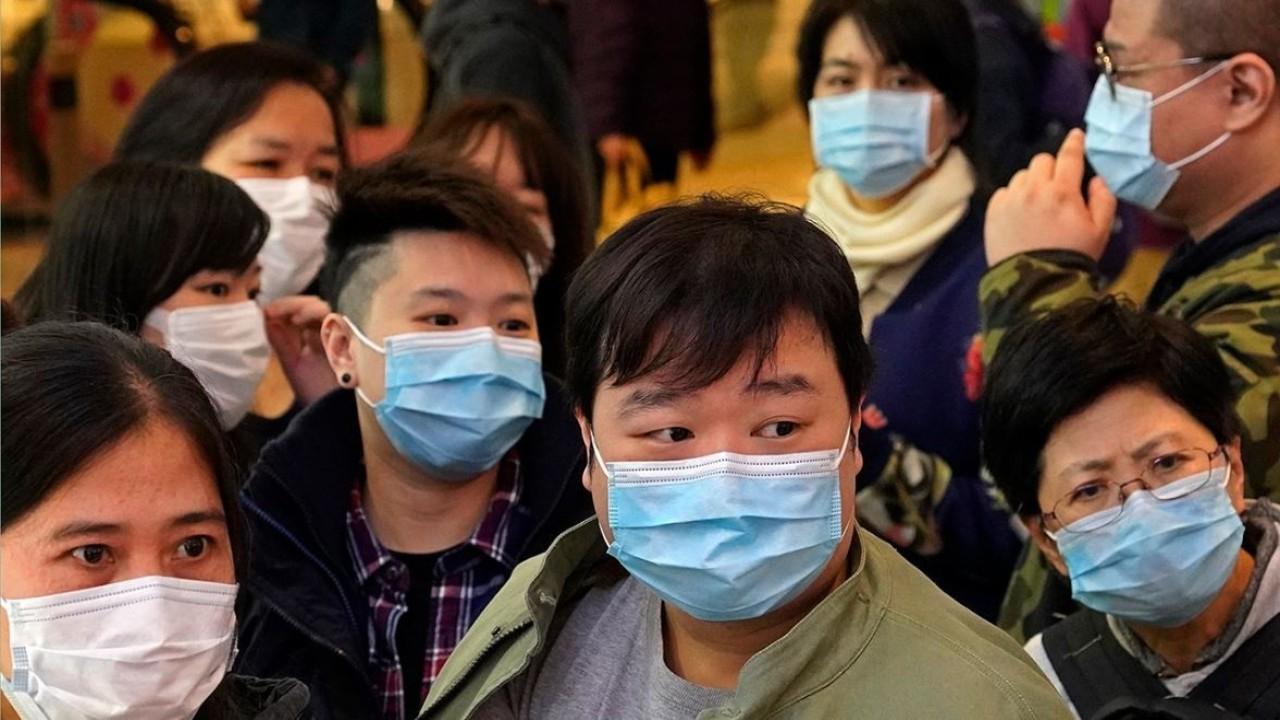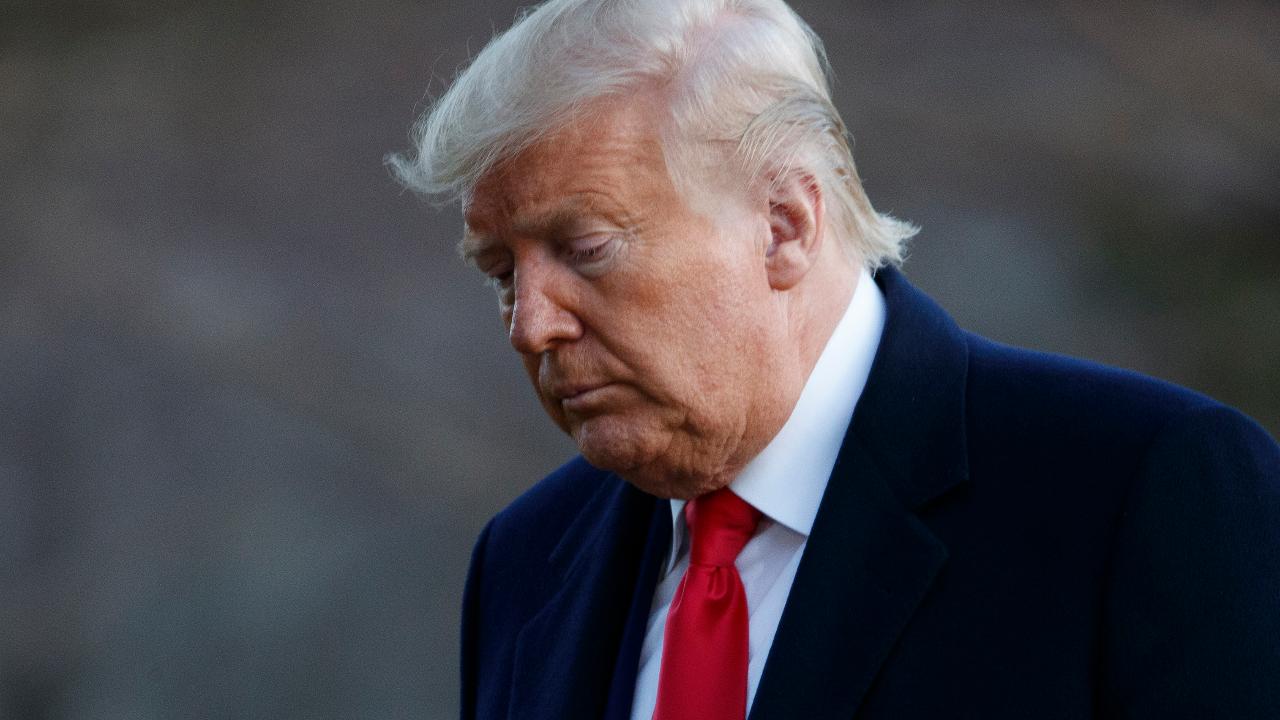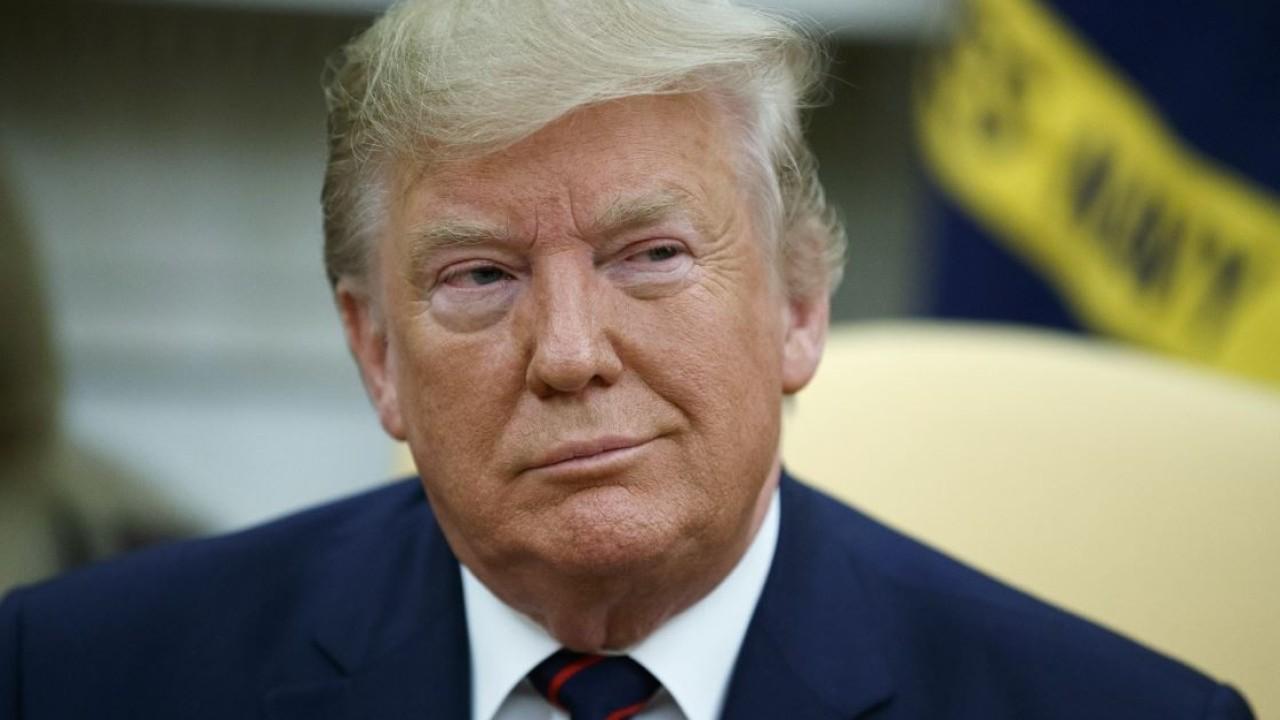Yes, coronavirus is still with us but here's why Wall Street will bounce back this week
If Monday’s markets are any guide this week will be a whole lot better than last week
It was a bad week on Wall Street last week. In fact, one of the worst ever.
Already on edge from months of “market correction” predictions (always when, never if) - and the growing threat of a presidential candidate literally from the Socialist wing of the Democratic Party – the market was finally driven over the edge as the coronavirus spread threatening global economic growth.
STOCKS SOAR AS MARKETS REBOUND FROM WORST WEEK SINCE FINANCIAL CRISIS
But, what about this week? If Monday’s markets are any guide this week will be a whole lot better than last week.
The coronavirus (COVID-19) outbreak is undoubtedly a significant pathogenic threat, a public health crisis and it will almost certainly be declared a pandemic in the coming weeks. It is a terrible disease and we need to take it very seriously. But that doesn’t mean we should ignore positive signs. I’m not a coronavirus expert, but here’s what I’m seeing.
Starbucks and Apple are reopening stores in China as the weekly number of new coronavirus cases declines. Neither company would be reopening its stores without serious consideration of the risks. These re-openings tend to validate Beijing’s claim that China is seeing a decline in the number of new coronavirus cases and appears to be getting the spread of the virus within its borders under control. It is now offering its assistance to Italy and Iran.
If China can make progress in containing the virus, it’s a very positive sign for the US which is better prepared to contain its spread and treat those infected. John Hopkins University prepares a Global Health Security Index that ranks countries from most to least capable of dealing with infectious disease outbreaks that can lead to international epidemics and pandemics. The United States ranks as the best prepared. China ranks 51st best prepared.
Even in China, the great majority of cases are non-life threatening, with cold or flu-like symptoms. A significant study of 72,000 confirmed coronavirus cases by China's Center for Disease Control and Prevention found that 81 percent of cases were mild, while 14 percent were severe and 5 percent were critical. Overall, the death rate was 2.3 percent. No deaths were reported in 95 percent of cases considered in the mild and severe categories.
CORONAVIRUS REACHING PANDEMIC MAY HURL US ECONOMY INTO RECESSION
Of course, the world is anxiously awaiting the development of an effective coronavirus vaccine. According to Dr. Anthony Fauci, director of the National Institute of Allergy and Infectious Diseases "In order to get a vaccine that's practically deployable for people to use, it's going to be at least a year to a year and a half at best."
Nonetheless, progress is being made.
A mere 42 days after China released the coronavirus DNA sequence a Cambridge, Massachusetts based biotech company called Moderna, Inc. shipped the first batches of its experimental coronavirus vaccine to the National Institutes of Health. NIH plans on testing the Moderna vaccine on humans by April.
Shortly thereafter, Novavax, a Maryland based biotech company announced that it was making “progress in its efforts to develop a novel vaccine to protect against coronavirus disease” and also planned to begin human testing within months.
Israel’s Science and Technology Minister Ofir Akunis recently announced that Israeli researchers are weeks away from developing a coronavirus vaccine that could be ready within three weeks and enter the marketplace 90 days later.
GET FOX BUSINESS ON THE GO BY CLICKING HERE
In addition, Dr. Fauci has announced that trials have begun of the anti-viral remdesivir, which shows promise of alleviating the symptoms of the disease. If the trials are successful, the government will have an effective therapeutic to distribute long before it has a vaccine ready. That wouldn’t be a cure, but it would reduce the virulence of the disease, and the more we can make COVID – 19 act like a more normal flu, the sooner we can increase the margin of safety and relieve the pressure on the economy.
In the meantime, as Health and Human Resources Secretary Alex Azar has stated, we are going to see more cases of coronavirus in the United States and even some community spreading. But the risk to Americans today is low and the Trump administration is working diligently to keep it low.
White House National Economic Council Director Larry Kudlow was correct last week when he stated that while “[t]his is a human tragedy,” on “[t]he business and the economic side, I don’t think it’s going to be an economic tragedy at all.”
The need for diligence to reduce the human suffering is paramount, but diligence is not equivalent to panic. Unfortunately, what we saw last week in the stock markets was an overreaction to the threat.
Here’s hoping this week the market will be more realistic. Some strong companies have taken a hit in this sell-off; there might well be some opportunities for enterprising investors who can buy and hold while this plays out.
Andy Puzder was chief executive officer of CKE Restaurants for more than 16 years, following a career as an attorney. He is currently a Senior Fellow at the Pepperdine University School of Public Policy.” He was nominated by President Trump to serve as U.S. labor secretary. In 2011, Puzder co-authored "Job Creation: How It Really Works and Why Government Doesn't Understand It." His latest book is "The Capitalist Comeback: The Trump Boom and the Left's Plot to Stop It" (Center Street, April 24, 2018).
CLICK HERE TO READ MORE ON FOX BUSINESS






















